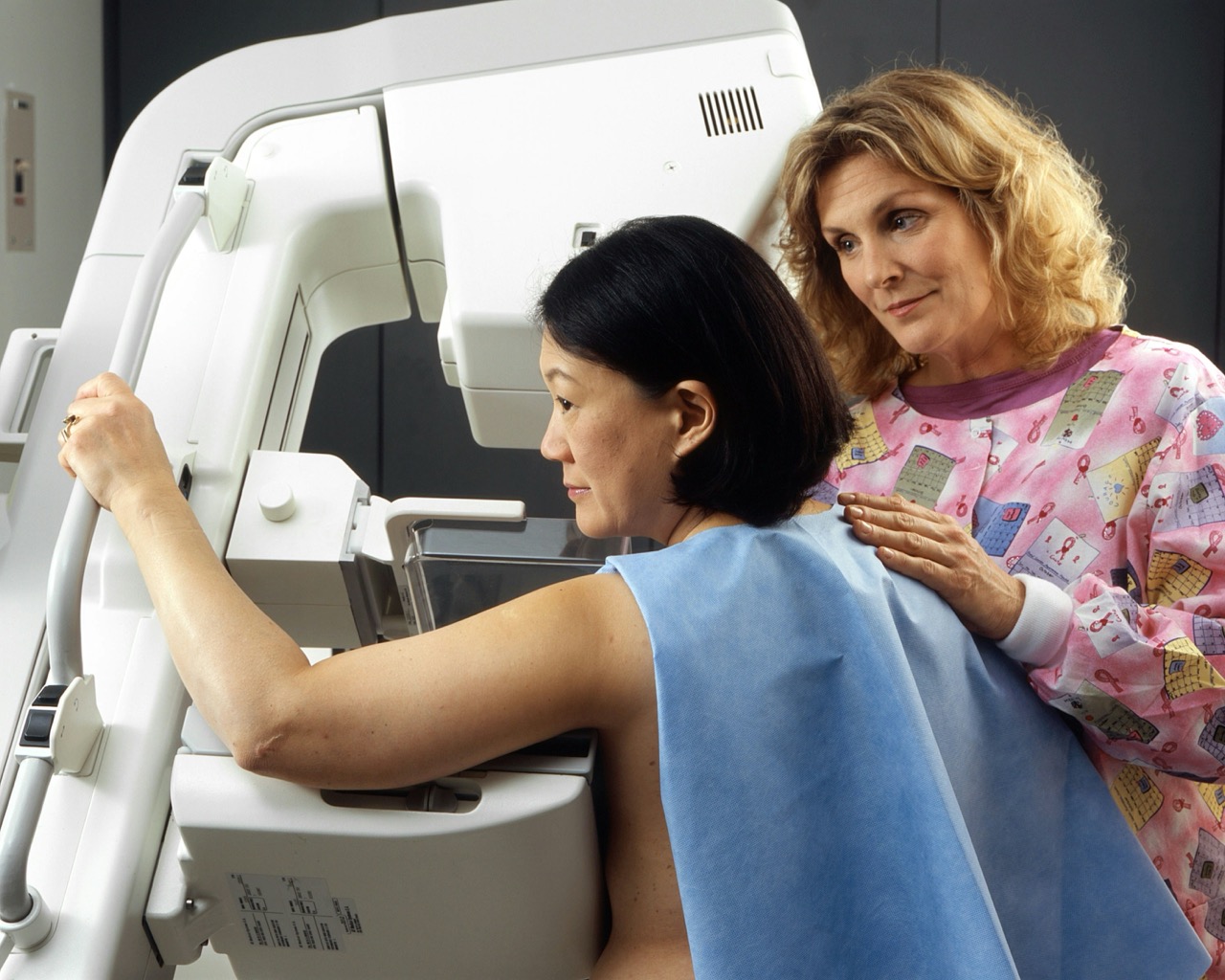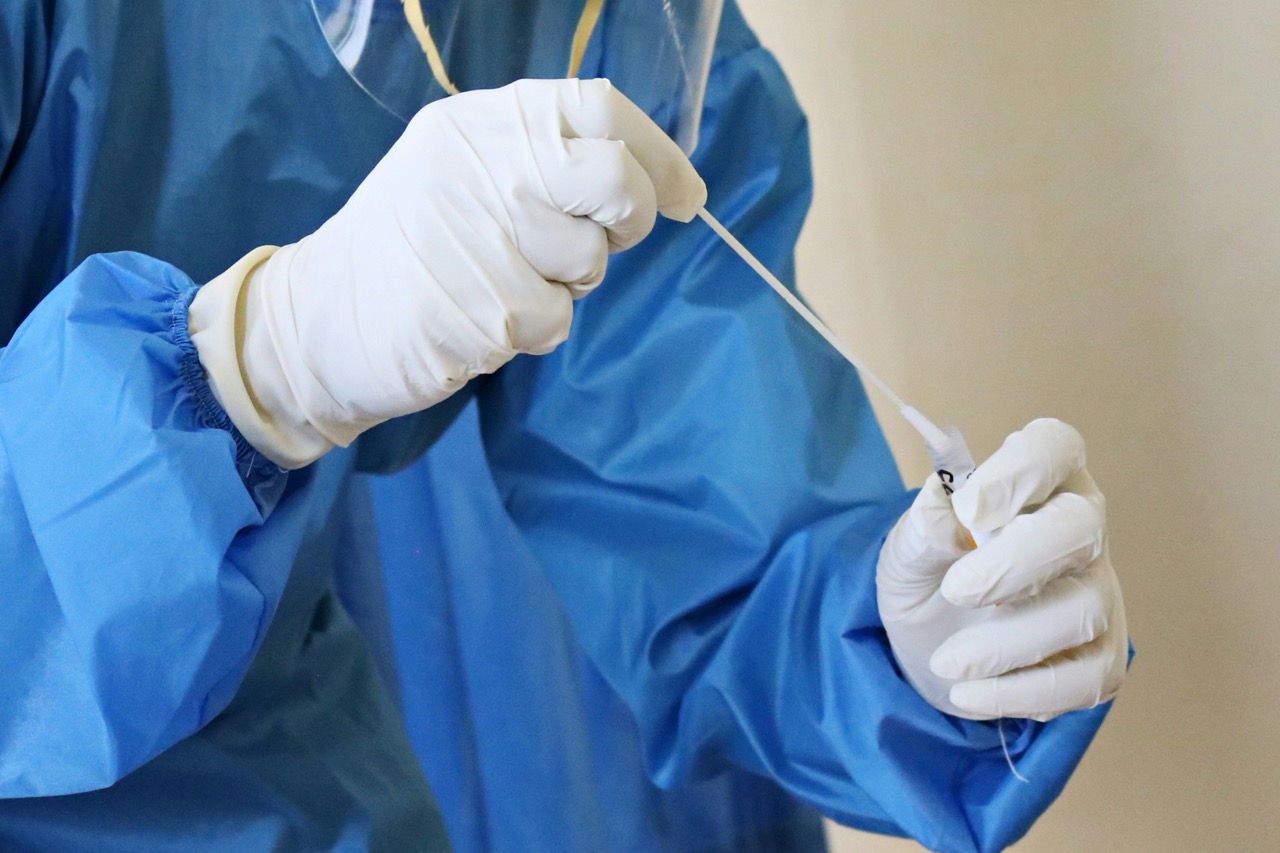===
In today’s world, open communication about sexual health is crucial for maintaining healthy relationships. With the prevalence of sexually transmitted diseases (STDs), discussing these topics with a partner can be challenging yet necessary. Engaging in honest conversations about STDs not only fosters trust and transparency but also promotes overall well-being for both partners. This article explores how to effectively communicate about STDs with your partner, ensuring a constructive dialogue that prioritizes health and mutual respect.
Understanding the Importance of STD Communication in Relationships
Effective communication about STDs is vital in any intimate relationship, as it lays the groundwork for trust and shared responsibility. When partners are open about their sexual health, it reduces the risk of transmission and ensures that both parties are making informed decisions. Discussing STDs can also alleviate fears and misconceptions, facilitating a deeper understanding of each partner’s health status and sexual history.
Furthermore, the stigma surrounding STDs often leads to silence and avoidance, which can damage relationships. By fostering an environment where these discussions can occur openly, partners can address concerns proactively, enhancing emotional intimacy. Prioritizing STD communication not only protects individual health but also strengthens the relationship as a whole, demonstrating that both partners value each other’s well-being.
Recognizing the Signs of STDs and Their Implications
Understanding the signs and symptoms of STDs is critical for both partners. Many STDs can be asymptomatic, meaning individuals may not know they are infected. Common symptoms include unusual discharge, sores, or pain during urination; however, many infections may not present any noticeable signs. Being aware of these implications helps partners recognize the importance of regular testing and encourages open dialogue about any health concerns that may arise.
The implications of untreated STDs can be severe, potentially leading to long-term health complications such as infertility, chronic pain, and increased susceptibility to HIV. For this reason, it is essential for both partners to engage in educational discussions about STDs, ensuring they understand not only the risks associated with these infections but also the necessity of timely medical intervention.
Preparing for the Conversation: Key Considerations
Before initiating a conversation about STDs, it is vital to prepare mentally and emotionally. Consider your own feelings about the topic and any potential anxieties you may have. Understanding your motivations for broaching the subject can help clarify your intentions and make the conversation more productive. Additionally, it’s important to anticipate your partner’s potential reactions, which can range from acceptance to discomfort. This foresight can guide how you approach the discussion.
Moreover, gathering information about STDs and their prevention can empower you during the conversation. Knowing the facts, including the effectiveness of various preventative measures, can position you as a responsible partner who prioritizes health and safety. By preparing yourself with knowledge and understanding, you can foster a more engaging and informative dialogue.
Choosing the Right Time and Setting for Discussion
Timing and environment play crucial roles in the success of sensitive conversations. Aim to choose a moment when both you and your partner are relaxed, free from distractions, and in a private setting. Avoid initiating the discussion during stressful times or when either partner is preoccupied with outside issues. A calm atmosphere encourages open dialogue and minimizes the likelihood of defensive reactions.
Additionally, consider the setting carefully. A comfortable, neutral space—such as a quiet room at home or a pleasant outdoor location—can promote a sense of safety and intimacy. Choosing the right time and place demonstrates thoughtfulness and respect for your partner’s feelings, thereby laying the foundation for a more productive discussion about STDs.
How to Approach the Topic Without Stigmatizing
Discussing STDs requires sensitivity to avoid stigma or shame that can arise during such conversations. Begin by framing the discussion in a way that normalizes sexual health inquiries. You may express that talking about STDs is part of being responsible and caring for each other’s health, rather than assigning blame or judgment. This approach can reduce anxiety and create a more supportive atmosphere for both partners.
Using inclusive language that acknowledges the shared responsibility of both partners can also help mitigate feelings of shame. For instance, you might say, “I think it’s important for us to talk about our sexual health together,” rather than focusing solely on one partner’s past. This shared responsibility approach reinforces the idea that maintaining sexual health is a collective endeavor, making the conversation feel less accusatory.
Effective Communication Techniques for Sensitive Subjects
When navigating sensitive subjects like STDs, employing effective communication techniques is essential. Active listening is one critical skill; it involves fully engaging with your partner’s responses and demonstrating empathy. By acknowledging their feelings and validating their concerns, you create a safe space for open dialogue. This approach encourages both partners to express their thoughts honestly, fostering a more collaborative discussion.
Moreover, using “I” statements can help convey your feelings without sounding accusatory. For instance, saying “I feel concerned about our health” is more constructive than “You never tell me about your past.” This technique encourages self-reflection and minimizes defensiveness, facilitating a smoother conversation about STDs and their implications for the relationship.
Discussing Personal Health History and Testing Options
Sharing personal health histories can be a daunting aspect of discussing STDs, but it is a necessary step toward transparency. Both partners should feel comfortable discussing their sexual histories, including previous infections and testing results. This exchange of information helps both partners assess their risk levels and make informed decisions about their sexual health moving forward.
Additionally, discussing testing options is paramount. Encourage both partners to get tested regularly, not only for STDs but also for general health. Resources such as local clinics and telehealth services can facilitate this process. Emphasizing that regular testing is a normal part of sexual health fosters a culture of openness and responsibility, helping both partners feel secure in their relationship.
Addressing Concerns and Questions Your Partner May Have
It is natural for partners to have concerns and questions when discussing STDs. Be prepared to address these inquiries thoughtfully and respectfully. Your partner may worry about the implications of an STD diagnosis, potential effects on the relationship, or the possibility of transmission. By providing clear, factual information and demonstrating empathy, you can help alleviate these fears and foster a more supportive dialogue.
Additionally, it’s important to recognize that your partner may need time to process the information shared. Encourage them to voice any concerns and be ready to have follow-up conversations. This approach not only shows that you value their feelings but also reinforces the idea that sexual health is an ongoing discussion rather than a one-time talk.
Exploring Preventative Measures and Safe Practices
A critical aspect of the conversation about STDs involves discussing preventative measures and safe practices. Educate yourselves about various methods of protection, such as condoms and dental dams, and their effectiveness in reducing the risk of transmission. Discussing these options together can empower both partners to feel more in control of their sexual health.
Additionally, explore the possibility of vaccinations for preventable STDs, such as HPV and hepatitis B. Ensuring that both partners are informed about these preventive measures fosters a sense of shared responsibility and commitment to each other’s health. This proactive approach can strengthen the relationship and encourage a culture of safety and care.
The Role of Trust and Transparency in Relationships
Trust and transparency are foundational elements of healthy relationships, particularly regarding sexual health. By discussing STDs openly, partners demonstrate their commitment to honesty and mutual respect. This transparency can enhance intimacy, allowing both partners to feel more secure in their relationship and more likely to engage in open discussions in the future.
Moreover, establishing a culture of trust invites both partners to share their thoughts and feelings without fear of judgment. This atmosphere can lead to deeper emotional connections, as both individuals feel valued and understood. By prioritizing trust and transparency, partners can work together to navigate the complexities of sexual health more effectively.
Resources for Further Education on STDs and Health
Encouraging both partners to seek out additional resources for education on STDs can further enhance the quality of the conversation. Numerous reputable organizations, such as the Centers for Disease Control and Prevention (CDC) and Planned Parenthood, offer comprehensive information about STDs, prevention, and treatment options. Sharing these resources demonstrates a commitment to informed decision-making and empowers both partners to take charge of their sexual health.
Furthermore, consider exploring educational materials together, such as articles, podcasts, or workshops focused on sexual health. Engaging in this learning process as a couple can strengthen your bond while providing valuable information that enhances your understanding of STDs and their implications.
Following Up: Continuing the Conversation Post-Discussion
After the initial discussion about STDs, it is essential to follow up and keep the lines of communication open. Regularly checking in with each other about sexual health and any new concerns that may arise reinforces the importance of ongoing dialogue. As relationships evolve, so too may partners’ feelings or health statuses, making it crucial to create a habit of open communication.
Encouraging regular discussions about sexual health not only promotes transparency but also helps build a resilient relationship. Feeling comfortable revisiting the topic can help both partners navigate future changes, ensuring that they remain informed and prepared to address any challenges that may arise.
===
In conclusion, discussing STDs with a partner is a critical aspect of maintaining a healthy and trusting relationship. By prioritizing open communication, recognizing the signs and implications of STDs, and engaging in proactive discussions about health and safety, couples can create a supportive environment that fosters mutual care. Through continuous dialogue and a commitment to shared responsibility, partners can navigate the complexities of sexual health together, ultimately leading to stronger, more resilient relationships.










